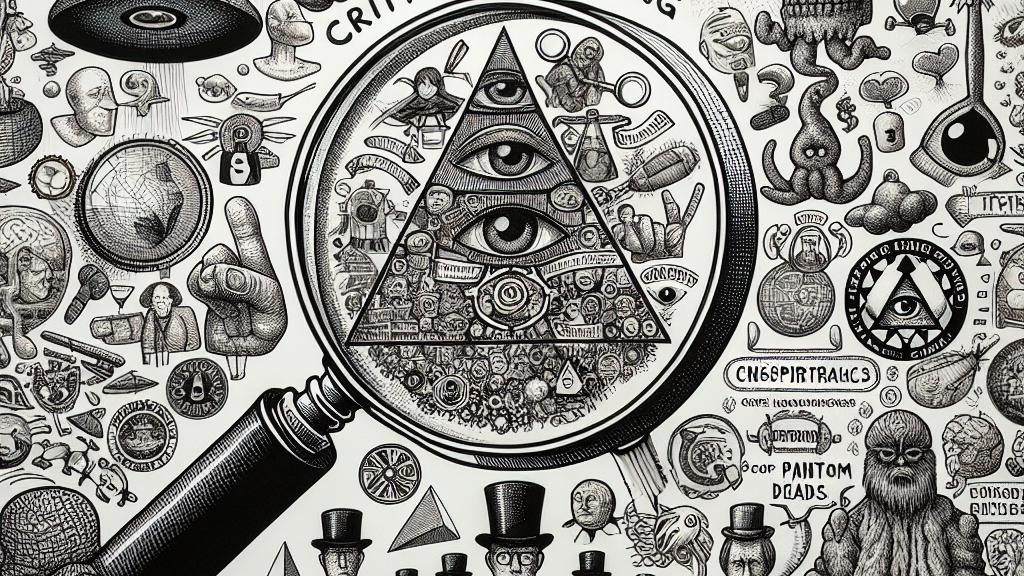How Critical Thinking Helps Spot the Truth in Conspiracy Theories
Overview
- Critical thinking empowers us to discern truth from deception in conspiracy theories.
- Many conventional approaches to countering misinformation are ineffective.
- Innovative strategies focus on identifying which conspiracy theories are plausible.

The Ubiquity of Conspiracy Theories
In contemporary society, conspiracy theories have spread like wildfire, deeply influencing political conversations, particularly in the United States. These beliefs can lead to serious consequences, including strained relationships and deteriorating mental health. It's shocking that many people dismiss conspiracy theories as simply silly or irrational without a second thought. For example, consider how the belief that vaccines are harmful can lead to dangerous public health outcomes. When we shut our minds to these ideas without scrutiny, we miss out on the opportunity to uncover potentially valid concerns lurking within a slew of falsehoods.
Harnessing the Power of Critical Thinking
Research from University College Cork has highlighted that enhancing our critical thinking skills can dramatically improve our ability to slice through the abundance of misinformation we face daily. Think of critical thinking as your personal analytical superhero, equipped to tackle the trickiest inquiries. Rather than hastily labeling every conspiracy theory as unworthy of consideration, we should foster the ability to evaluate each claim carefully. By asking pivotal questions like, 'What credible evidence supports this?' and 'Who stands to gain from this narrative?' we begin to sharpen our understanding. This discipline transforms how we engage with the wealth of information surrounding us.
Emerging Strategies for Discernment
What truly excites me about recent research is the introduction of innovative methods aimed at improving our ability to critically assess conspiracy theories. One standout tool, the Critical Thinking about Conspiracies assessment (CTAC), helps people move past simple acceptance or rejection. Picture this: the CTAC nudges us toward evaluating the plausibility of each theory and encourages us to engage with questions about motivation and evidence. For instance, what if we approached a theory about government surveillance with a discerning eye—asking ourselves, 'What data supports this claim?' This method of investigative thinking can empower us to view claims through a more nuanced lens, enhancing our reasoning skills significantly.
Building a Future Rooted in Critical Thinking
It's essential to remember that developing critical thinking skills takes time and ongoing effort, but the payoff is tremendous. As we work on honing our ability to think critically, we should embrace a balanced perspective that encourages healthy skepticism while remaining open-minded. Researchers stress the urgent need for educational programs that foster these crucial skills, enabling individuals to navigate today's convoluted misinformation landscape more effectively. Ultimately, we can create a society filled with well-informed citizens who possess the acumen to separate fact from fiction. Each stride we take in enhancing our critical thinking capabilities propels us toward a brighter, more perceptive future.

Loading...